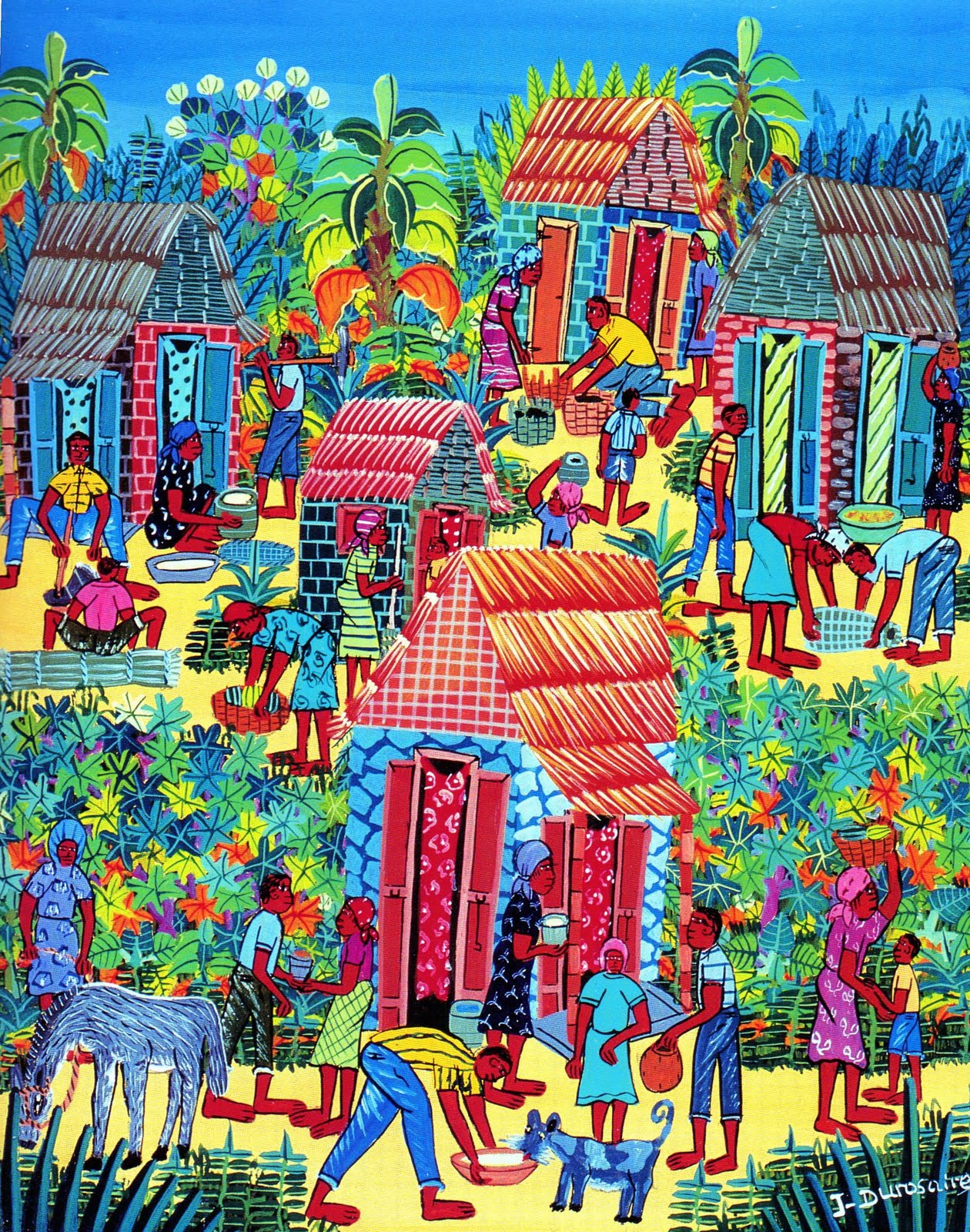Man & Society

Man is by nature and necessity, a social animal and he cannot survive in the absence of society. Society is indispensable for human race. Human nature is the result of social interaction in a cultural milieu. The nature of man is such that he cannot live alone and cannot develop in isolation. The ability to gain knowledge, to learn various languages, to follow different traditions, respect and regard each others feelings, think, play and work for development, help each other, share each other’s problems, celebrate all festivals with joy, maintain communal harmony etc are some of the qualities of a man, which make him social. Man can be called a social animal on the basis of three important grounds. Firstly man is social by nature as he cannot afford to live alone. If man is isolated he becomes abnormal or acquires the habits of the place where he lives. If he lives with animals his habits will be according to them. This was studied by the scientists as in the case of Amla and Kamla, two girls who were rescued from wolves and actually walked on four legs, howled and slept like wolf children. When these two girls were made civilized they acted normally and showed sentiments, affection and talked. This shows that man is social by nature.
Secondly necessity makes a man social. Man is a social animal by his necessity. If man lives in isolation than many of his needs will remain unsatisfied. The fundamental needs of food, clothing and shelter can be fulfilled only if he lives in a society and tries to cooperate with others. No one can became a human being unless he lives in society. Apart from basic needs, the society also satisfies his desires, dreams and aspiration by cooperation of his fellow beings. So, it is not due to his nature but also due to his necessities that man lives in society.
Thirdly, society determines human personality. Man lives in society for his mental, psychological and intellectual development. Society both liberates and limits our potential as a man and moulds our attitudes, beliefs, moral etc. It preserves our cultural and social heritage. Thus society not only moulds the personality but also determines the personality of an individual.
The problem of man cannot be solved scientifically without a clear statement of the relationship between man and society, as seen in the primary collectivity- the family, the play of instruction group, the production team and other types of formal or informal collectivity. In the family the individual abandons some of his specific features to become a member of the whole. The life of the family is related to the division of labour according to sex and age, the carrying on of husbandry, mutual assistance in everyday life, the intimate life of man and wife, the perpetuation of the race, the upbringing of the children and also various moral, legal and psychological relationships. The family is a crucial instrument for the development of personality. It is here that the child first becomes involved in social life, absorbs its values and standards of behaviour, its ways of thought, language and certain value orientations. It is this primary group that bears the major responsibility to society. Its first duty is to the social group. The influence of one person on another is as a rule extremely limited; the collectivity as a whole is the main educational force. Here the psychological factors are very important. It is essential that a person should feel himself part of a group at his own wish, and that the group should voluntarily accept him, take in his personality. It is sometimes said that society carries the individual as a river carries a boat. This is a pleasant smile, but not exact. An individual does not float with the river; he is the turbulently flowing river itself; the events of social life do not come about by themselves; they are made. The great and small paths of the laws of history are blazed by human effort and often at the expense of human blood. The laws of history are not charted in advance by superhuman forces; they are made by people. Who then submit to their authority as something that is above the individual.
The key to the mysteries of human nature is to be found in society. Society is the human being in his social relations, and every human being is an individual embodiment of social relations, a product not only of the existing social system but of all world history. He absorbs what has been accumulated by the centuries and passes on through traditions. Modern man carries within himself all the ages of history and all his own individual ages as well. His personality is a concentration of various strata of culture. He is influenced not only by modern mass media, but also by the writings of all times and every nation. He is the living memory of history, the focus of all the wealth of knowledge, abilities, skills and wisdom that have been amassed through the ages.
Sometimes the relation between man and society is interpreted in such a way that the latter seems to be something that goes on around a person, something in which he is immersed. But this is a fundamentally wrong approach. Society does, of course, exist outside the individual as a kind of social environment in the form of a historically shaped system of relations with rich material and spiritual culture that is independent of his will and consciousness. The individual floats in this environment all his life. But society also exists in the individual himself and could not exist at all, apart from the real activity of its members.
So we conclude that man by nature is a social animal. Individual and society are interrelated and interdependent. Both are two faces of a coin. Without each, one has no value.
![]()

